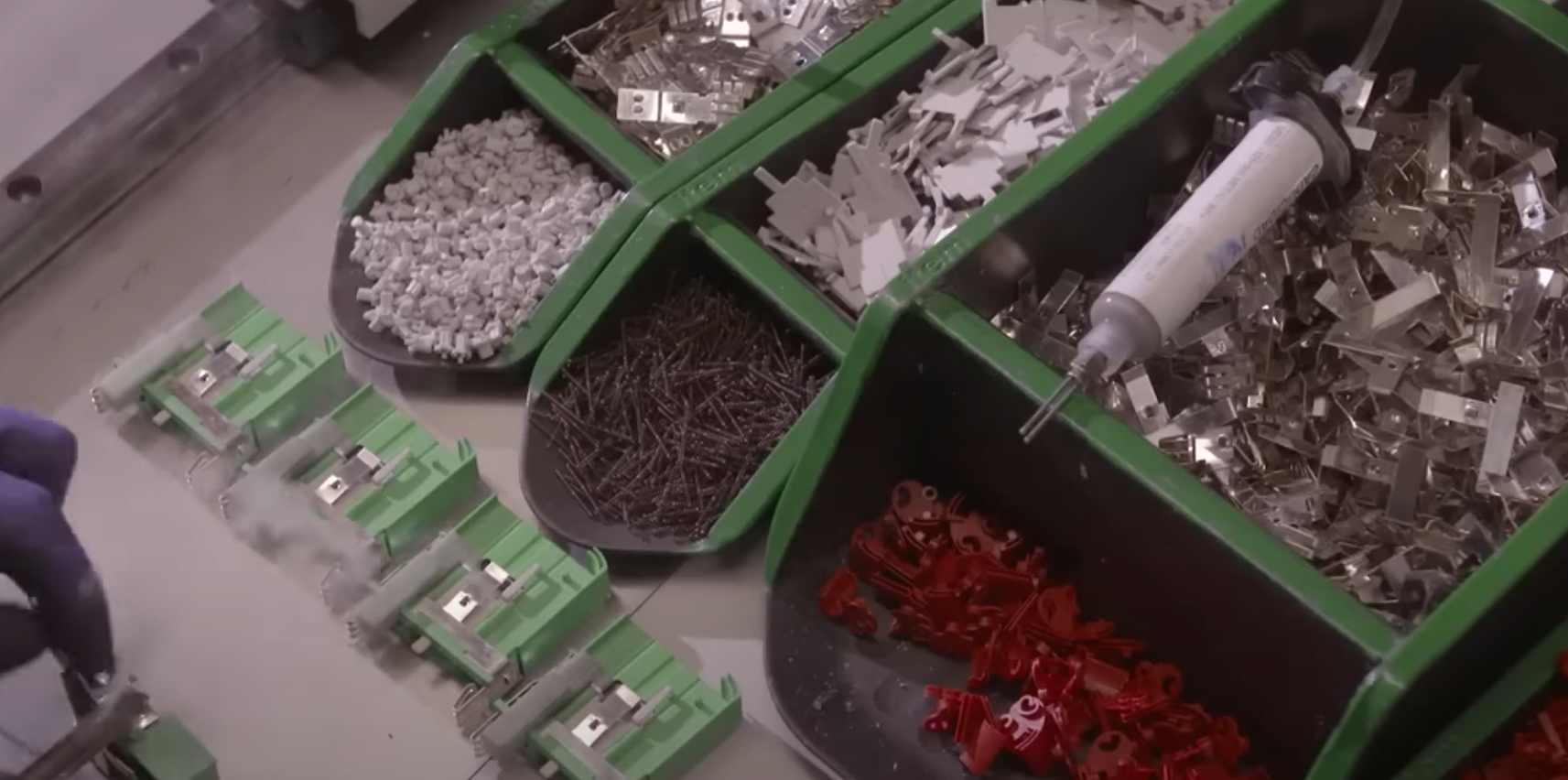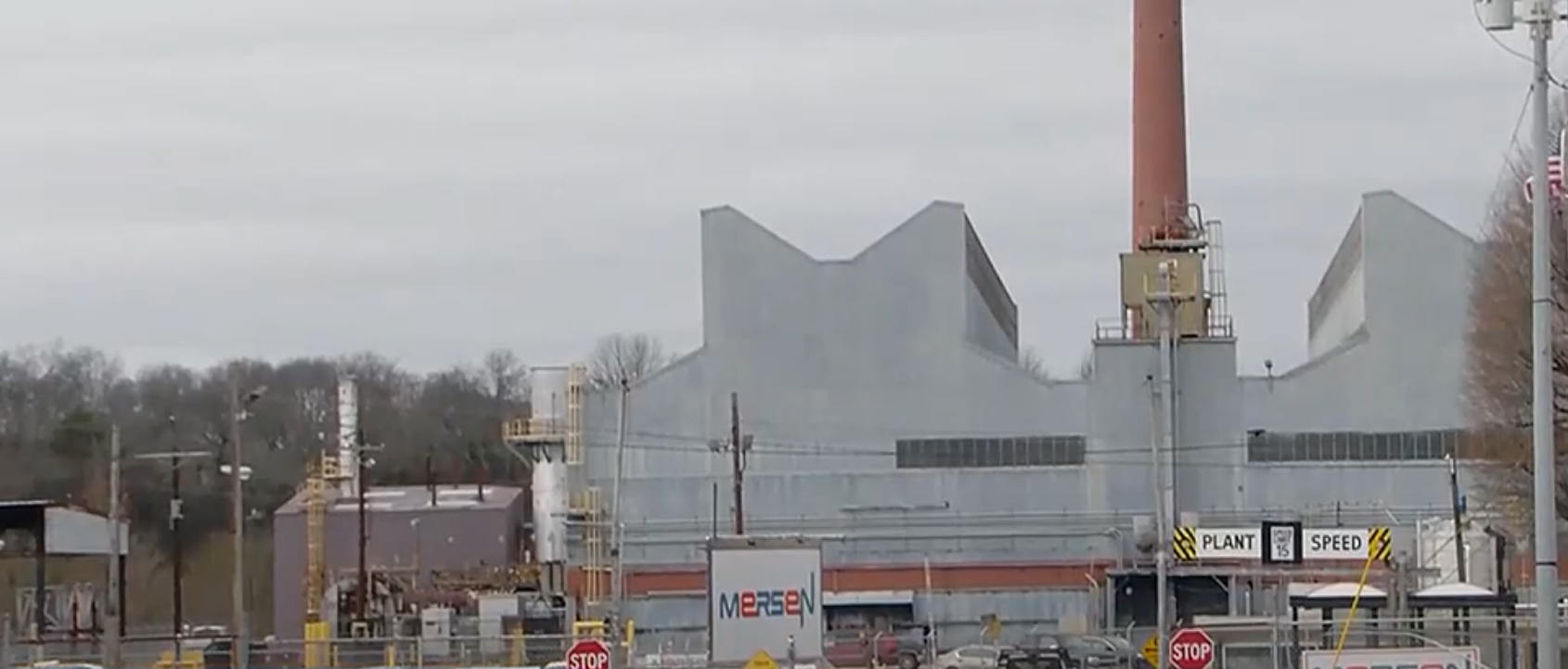
A Tennessee-based Mersen Manufacturing plant
A Tennessee-based Mersen Manufacturing plant is set to furlough more than three-quarters of its workforce, with 25% of employees already permanently laid off. The significant reduction comes just weeks before the Christmas holiday, which has led to outrage among employees. The announcement of furloughs affects a majority of the plant’s workers.
Tennessee Department of Economic and Community Development
The move follows a $64.5 million investment in the facility in 2019, supported by a $505,000 infrastructure grant from the Tennessee Department of Economic and Community Development.
Betrayal of Tennessee workers and taxpayers
IUE-CWA President Carl Kennebrew said, “This is a betrayal of Tennessee workers and taxpayers.”
Record sales and increased profitability
Kennebrew added, “The public invested in Mersen with the promise of good, stable jobs for this community. Instead, Mersen is slashing jobs right before the holidays while raking in record sales and increased profitability.”
The workers' union, IUE-CWA
The workers’ union, IUE-CWA, has filed an unfair labor practice charge against Mersen, claiming violations of federal labor law and a breach of commitments made to the community. Union president Carl Kennebrew criticized the company’s actions as a betrayal of both workers and taxpayers.
Made American exports more expensive
The U.S. dollar’s strength, driven by high inflation-adjusted values and tight monetary policy, has made American exports more expensive. The situation has been worsened by peacetime budget deficits, which critics argued undermine manufacturing competitiveness.
Compliance challenges for businesses
Tariffs on imported materials, particularly steel and aluminum, have also increased operational costs for manufacturers. Critics contend that these policies have led to a net decrease in U.S. manufacturing jobs and created significant compliance challenges for businesses.
Competitive manufacturing environment
Some states, however, are experiencing growth in their manufacturing sectors due to flexible labor regulations and educated workforces. The examples have suggested that state-level reforms may be more effective than federal policies in fostering a competitive manufacturing environment.
More skilled workforce
Experts have advocated for reducing federal deficits, eliminating tariffs, and streamlining regulations to improve the U.S. manufacturing landscape. Reforms in education systems are expected to be essential in cultivating a more skilled workforce.
